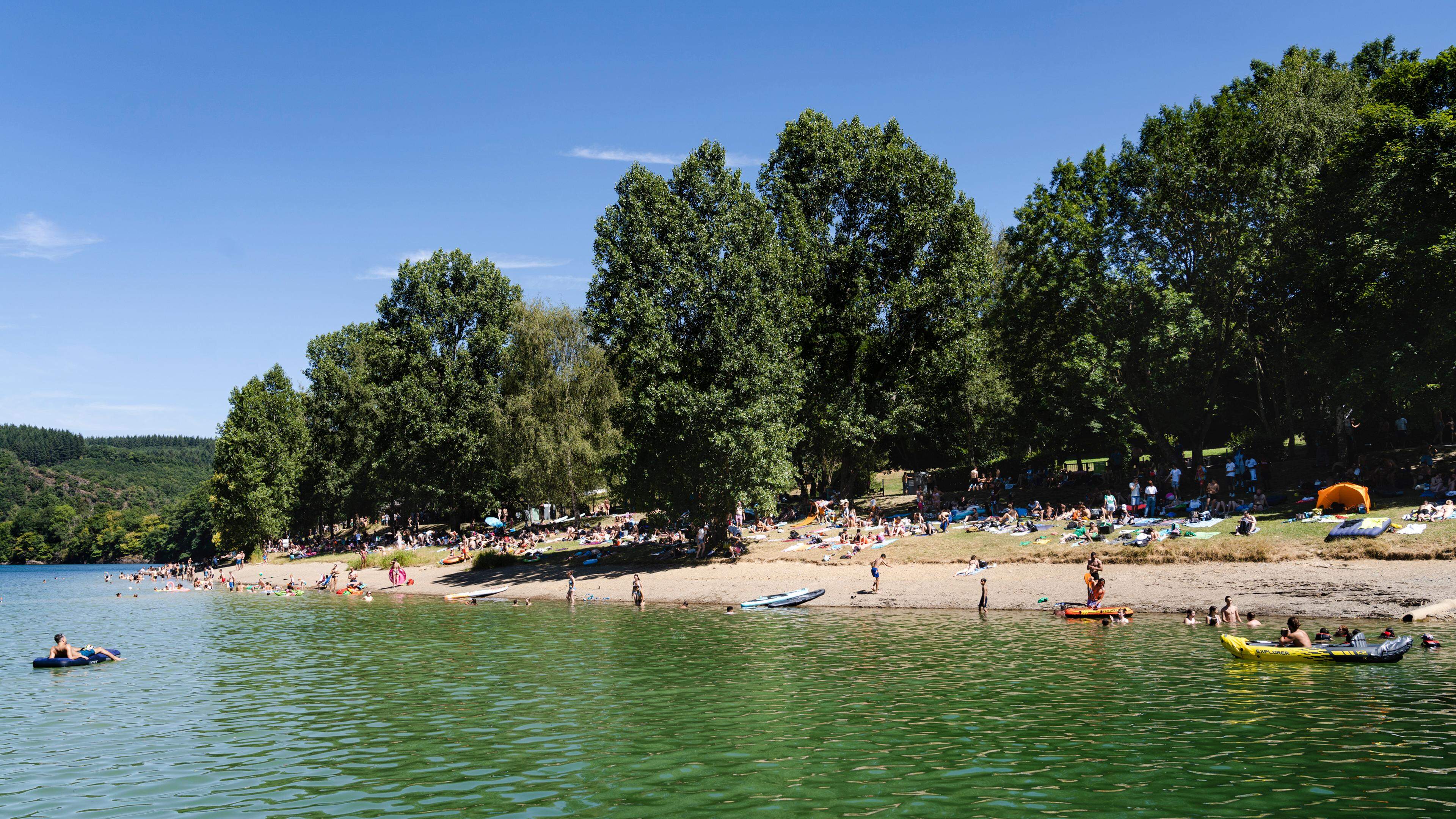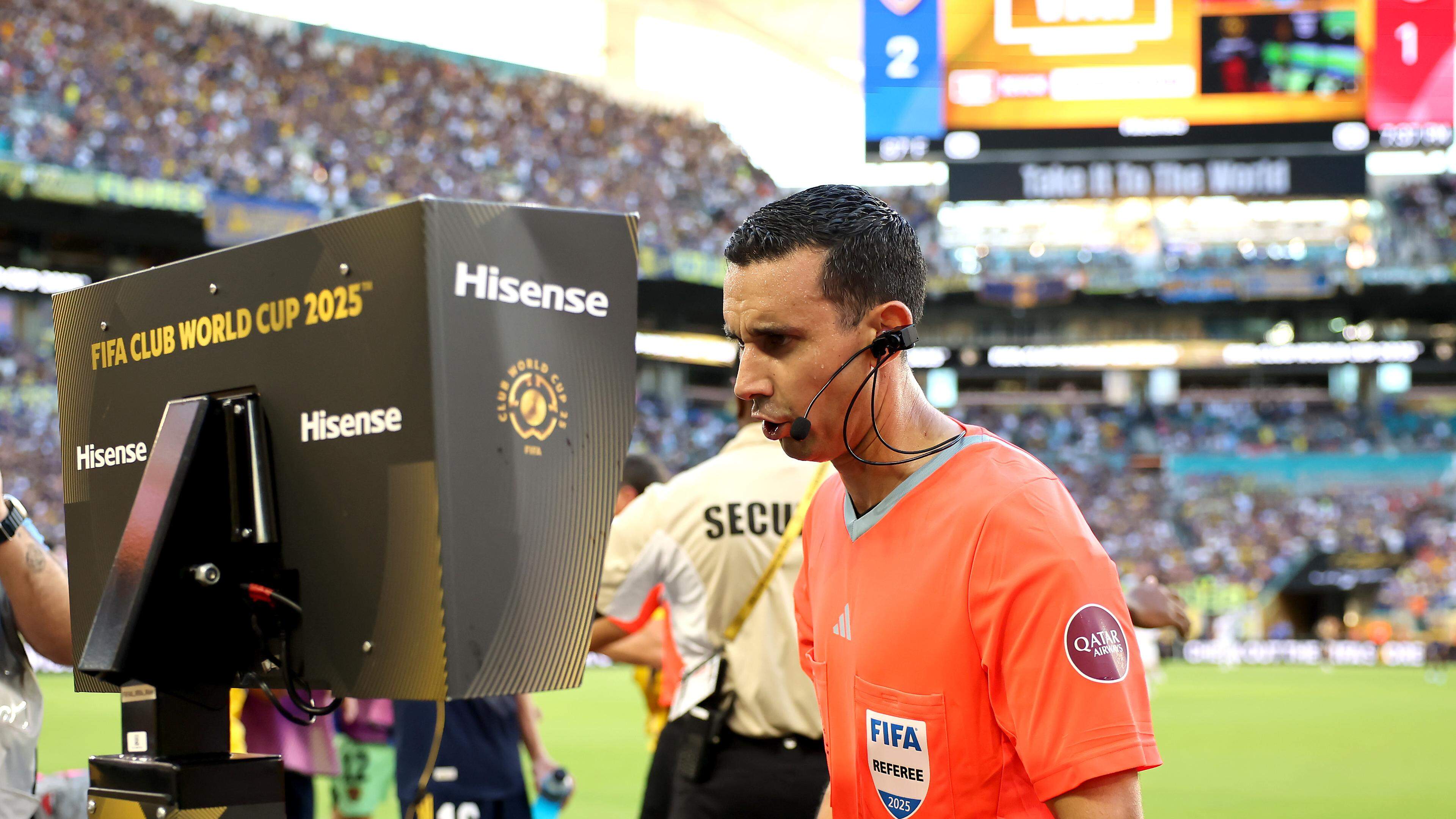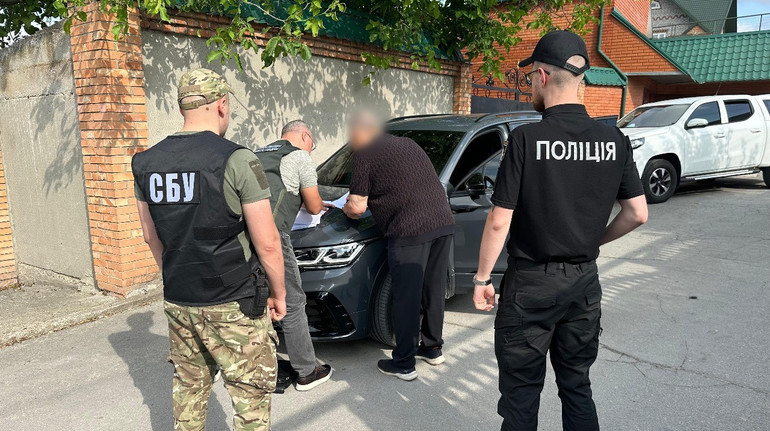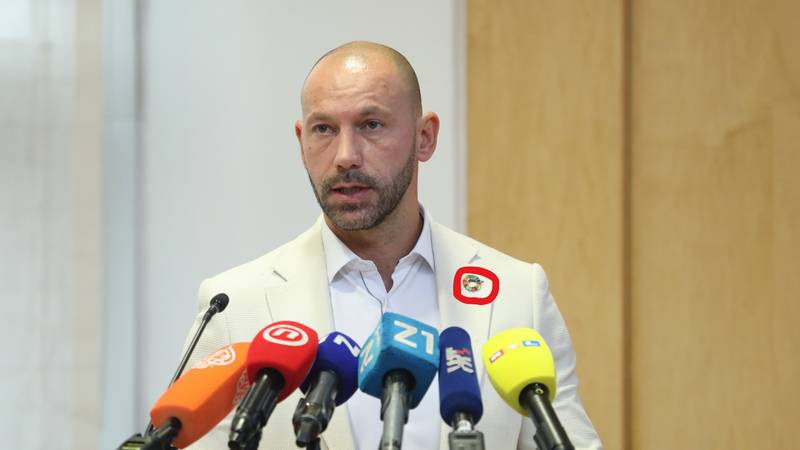How safe are Luxembourg’s bathing water?

At the beginning of the warm season, many people are drawn to the bathing lakes. But again and again carefree days on the water end: on On Friday afternoon, a man drowned at the Remerschen excavator monitor – According to initial information, he suffered a weakness in a not monitored area of the lake. An incident that raises questions about security when bathing.
The official bathing season in May started in Luxembourg and lasts until September 30th. During this period, swimming in designated bathing lakes is allowed – this includes the two lakes in Weiswampach, the Obersauerstausee with several beaches, the Remerschen excavator pond and the bathing lake in Echternach.
Eleven swimming lakes and swimming pools for relaxation on the water
While lifeguards ensure security in outdoor pools, a constant supervision lacks many waters of nature. What does that mean for bathers? And what rules should you consider for your own security?
Which bathing lakes are monitored?
The private facility in Remerschen is operated by the non -profit organization « Inbaggerweier ». Access is subject to a fee, but a continuous bathing supervision is guaranteed during opening hours.
The start of the season in fantastic bathing weather
The situation is different at the other bathing lakes in the country: At the Echternacher See and on the lakes in Weiswampach Baden, visitors at your own risk – there is no permanent supervision there. The same applies to the Obersauer reservoir. However, four to six volunteers from the water rescue group of the CGDIs at the Lultzhausen location on weekends and public holidays will perform on weekends and public holidays.
Systematic protection of all beaches on the reservoir is not possible because the area is too large.
Cédric Gantzer
CGDIS
« This is planned by law. However, systematic securing of all beaches on the reservoir is not possible because the area is too large, » Cédric Gantzer from the CGDIS told the « Luxembourg word ». « So it is not as if a lifeguard is being monitored there from the high seat. But the helpers are there to be able to react as quickly as possible in an emergency. »
Rescue operation to excavator orders: man dies after bathing accident
The rescue workers patrol by boat on the lake and thus also contribute to prevention. Nevertheless, their reach remains limited. « You can’t be anywhere – that doesn’t fall into your area of responsibility, » emphasizes Gantzer. « It’s about being an accident as soon as possible. » A landing site for the rescue helicopter is also available in Lultzhausen for such situations.
Blue algae in the reservoir: swimming prohibited
Bathing in the Obersauer reservoir is currently prohibited due to blue algae. On the Website of the water management office There is current information on the water quality of the bathing areas.
How can bathing accidents be avoided?
Responsible behavior is the best protection. The absence of alcohol is particularly important – it clouds the judgment, slows down the reaction and significantly increases the risk of cramps or unconsciousness.
Also this Recommendations of the CGDIS help to minimize risks:
-
Learn swimming – and know your physical limits.
-
Never suddenly go into the cold water, but get on slowly and gradually.
-
Wait for at least two hours after a lavish meal before swimming.
-
Don’t bathe if you are tired or exhausted.
-
Leave the water when you start to freeze.
-
Never jump into unknown water – there is a risk of injury.
-
Swimming parallel to the bank, not in the direction of open water areas.
-
Never leave children unattended – not even in the shallow water.
Echternacher See: « Everything is well maintained and clean here »
How do you recognize the emergency?
Drowning usually looks very different than many think: it almost always goes quietly and unobtrusive – without calling or ramping wild. The person concerned goes down without making it felt. That is precisely why drowning is so difficult to recognize.
The CGDIS calls two particularly common causes:
-
Primary drowning often occurs in non -swimmers or sudden exhaustion. The person dipped briefly, swallows water, loses consciousness – cardiac arrest can occur without quick help.
-
Hydrocution is a cold shock that can arise if you jump into the cold water too quickly on hot days. This can also lead to unconsciousness and drown.
What to do in an emergency?
Call the emergency call 112. Try to reach the person from the bank with a buoy or a floating object. If you are not trained accordingly, you shouldn’t jump into the water – a panicked person can pull you under water. As soon as the accident has been recovered, ventilation must be started immediately in the event of consciousness – every second counts.
Vëlosummer: Cyclists discover the country on 14 routes
Why is bathing in rivers not allowed?
In Luxembourg, bathing in rivers is fundamentally prohibited – for good reasons, as on the Website of the water management office can be read. Rivers contain a higher risk than lakes: they sometimes have strong currents and are driven by boats – both can be dangerous when swimming.
However, the aspect of water quality is even more important. Unlike in lakes, the cleanliness of river water can hardly be monitored reliably. The reasons are diverse: Clear wastewater that is initiated into the rivers still contains bacteria. In heavy rain, sewers can also overflow and unclear water can get into the rivers. Rainwater flushed with fields, streets or meadows can also carry pollutants and germs.








